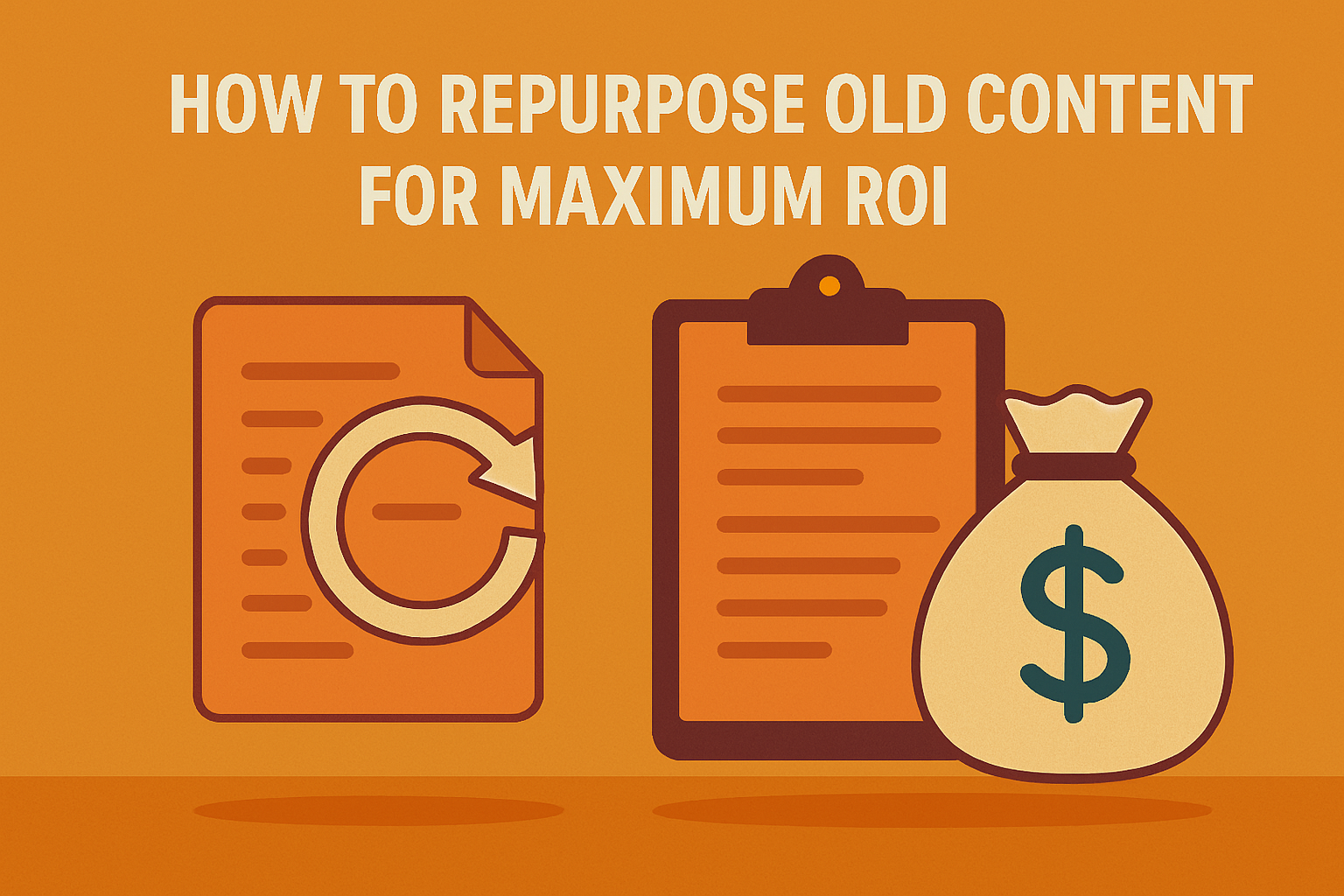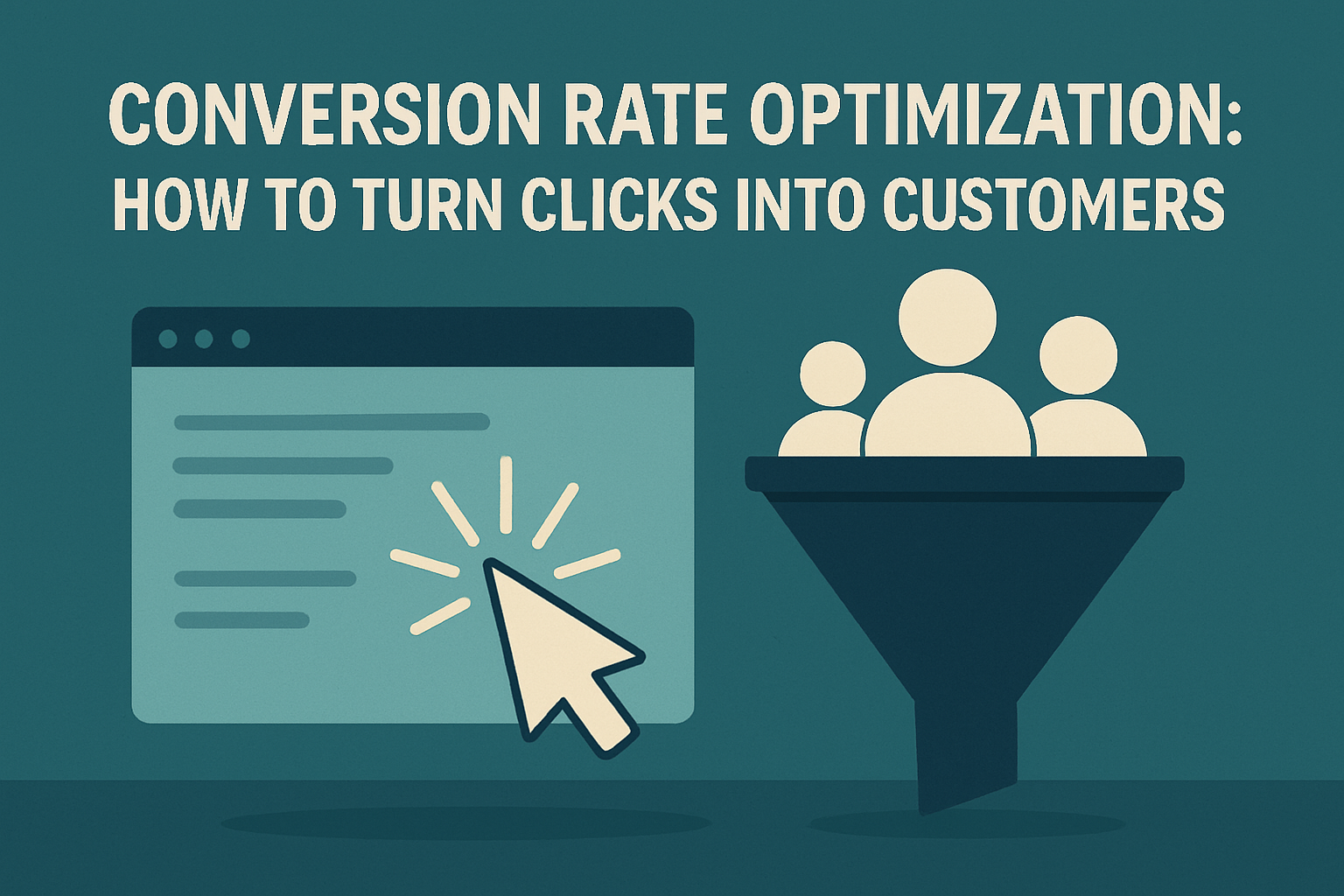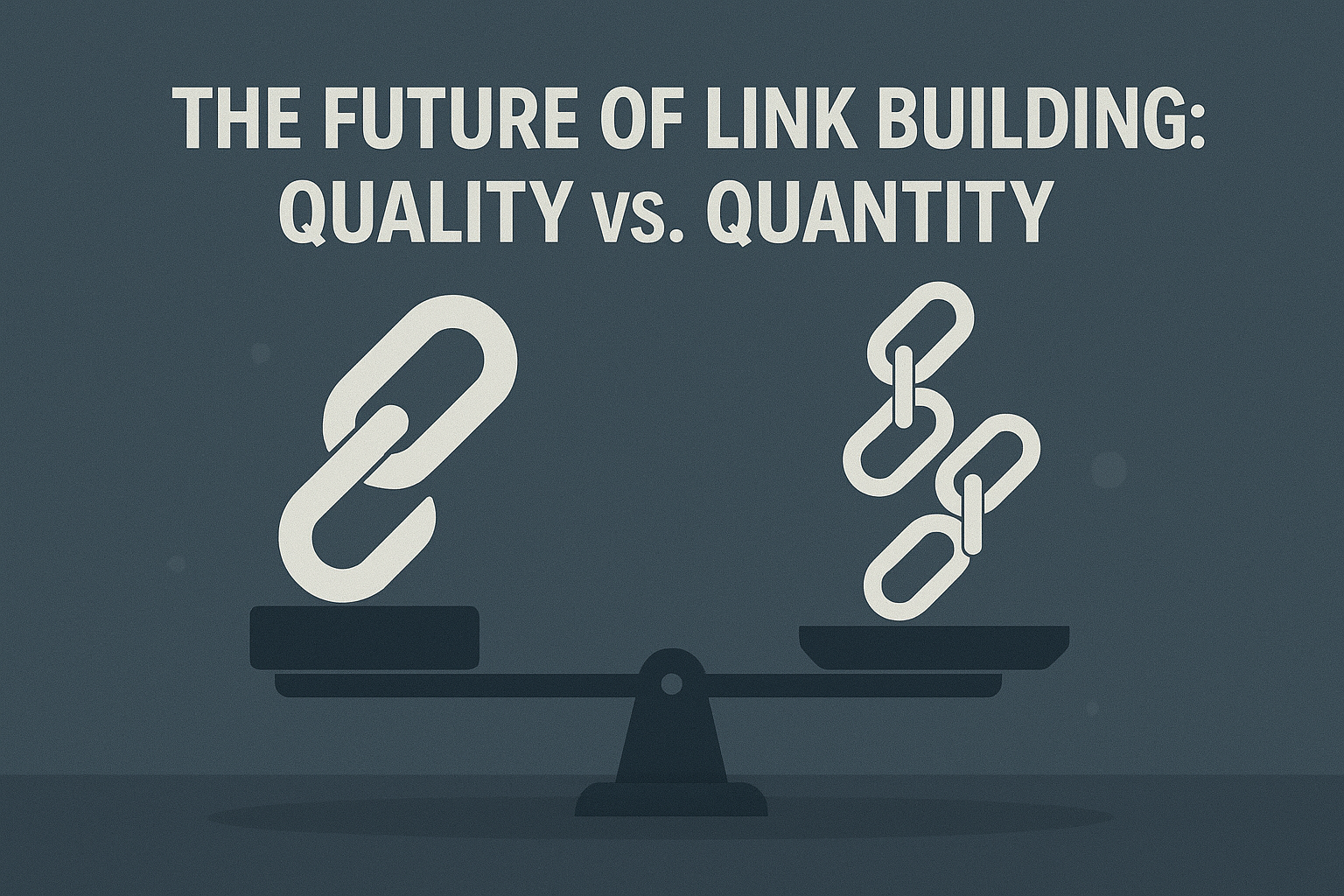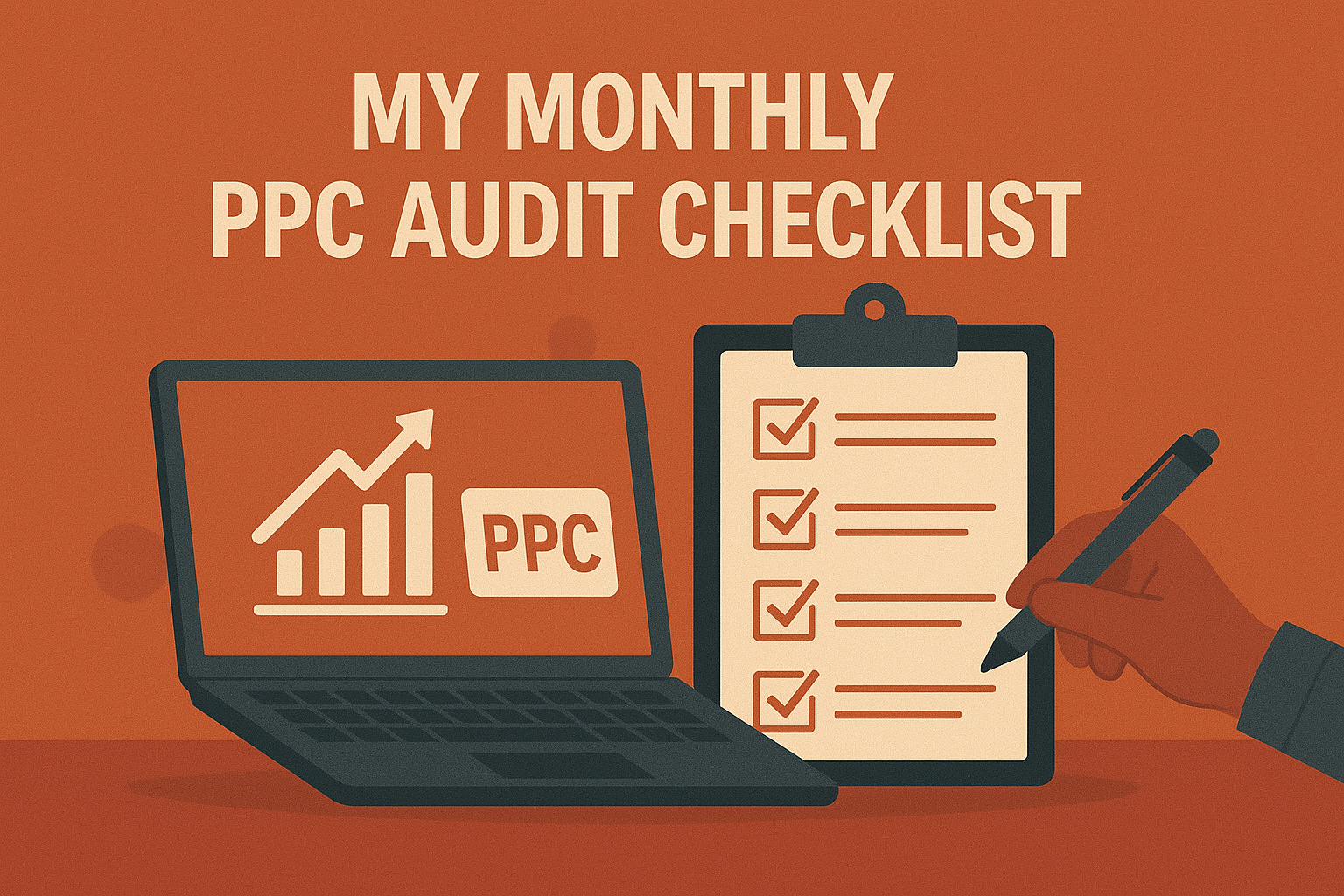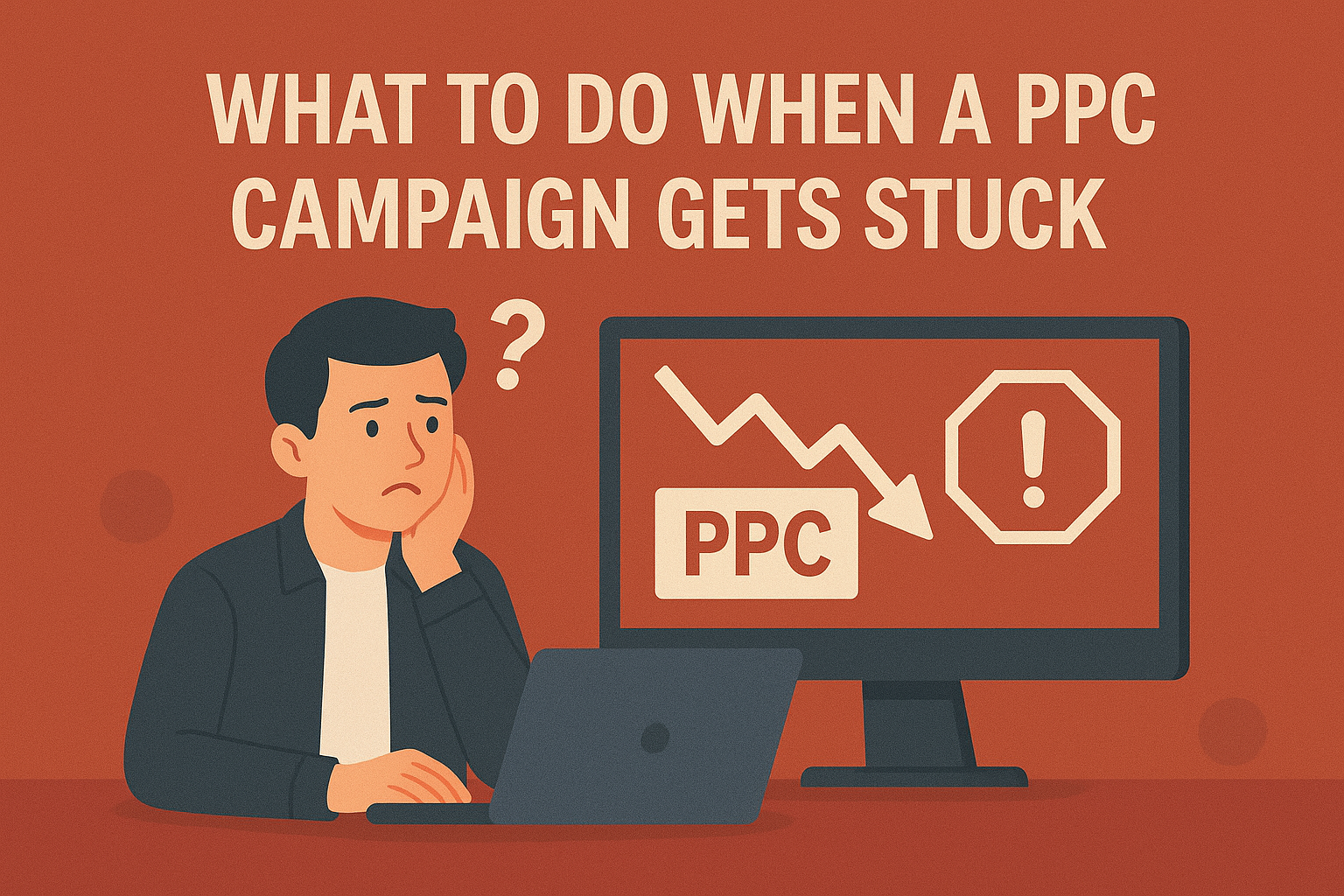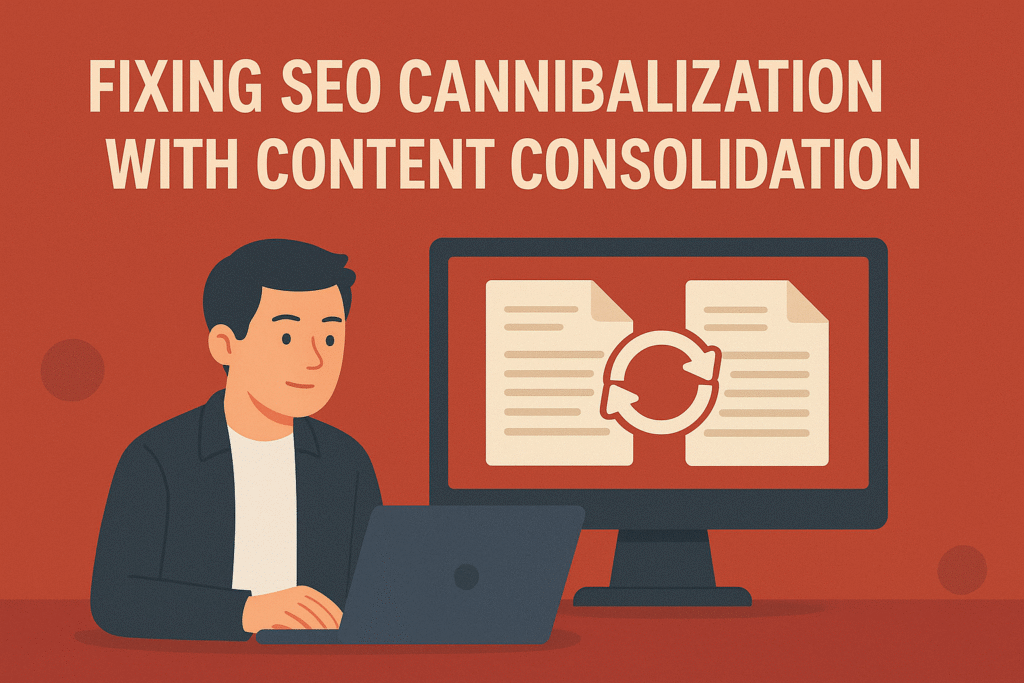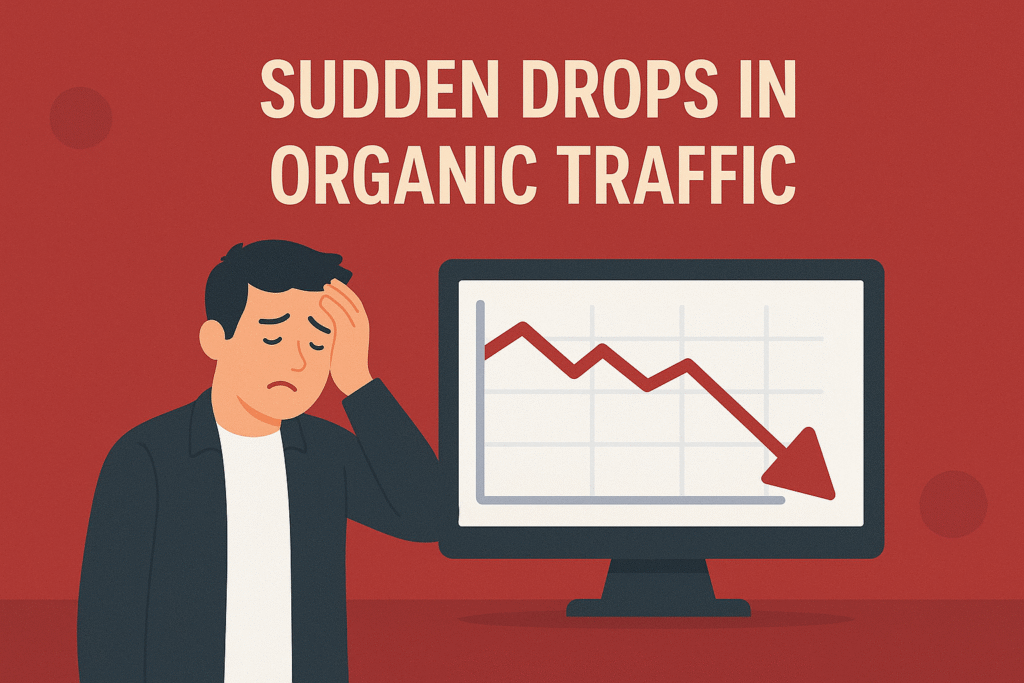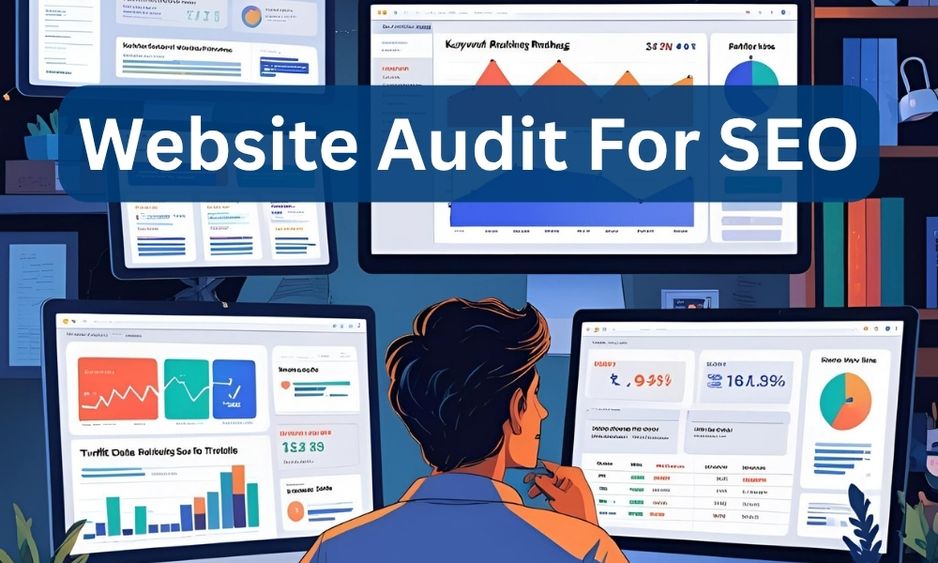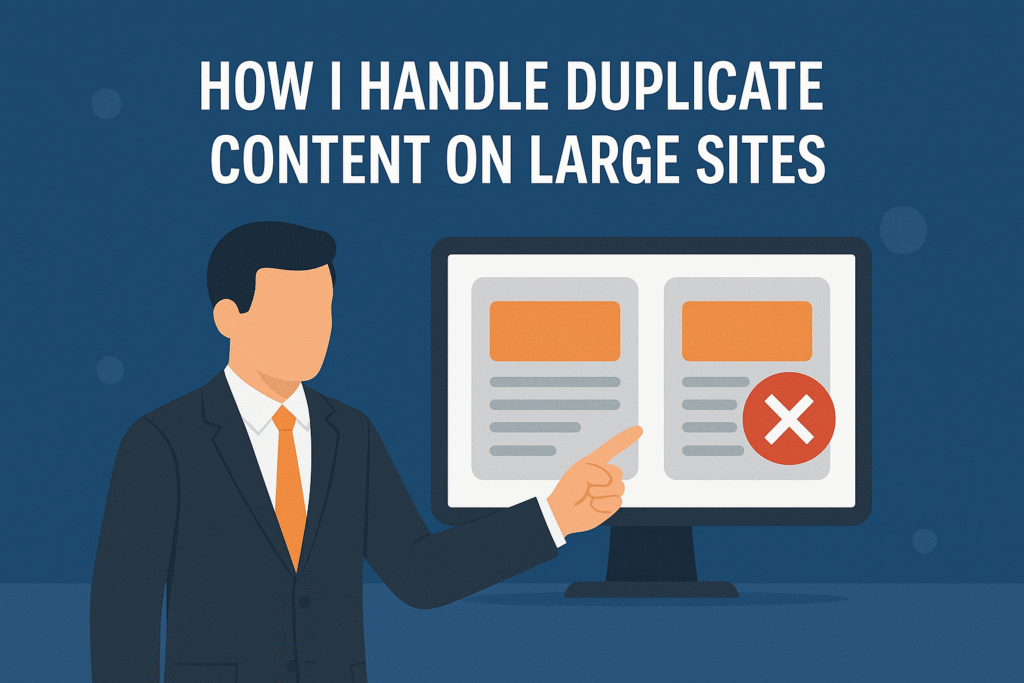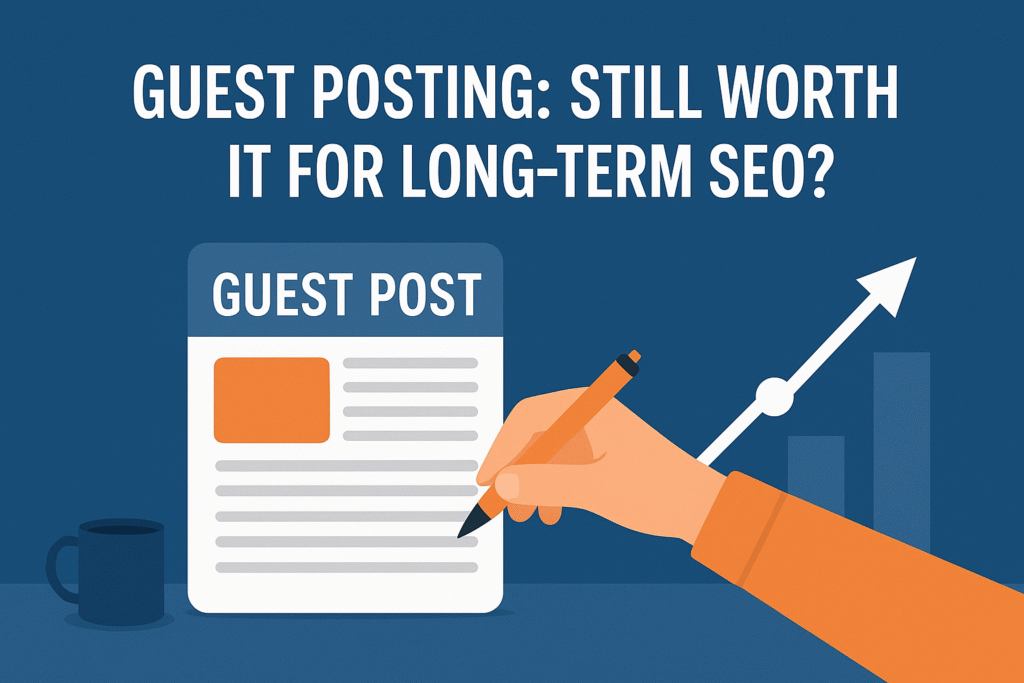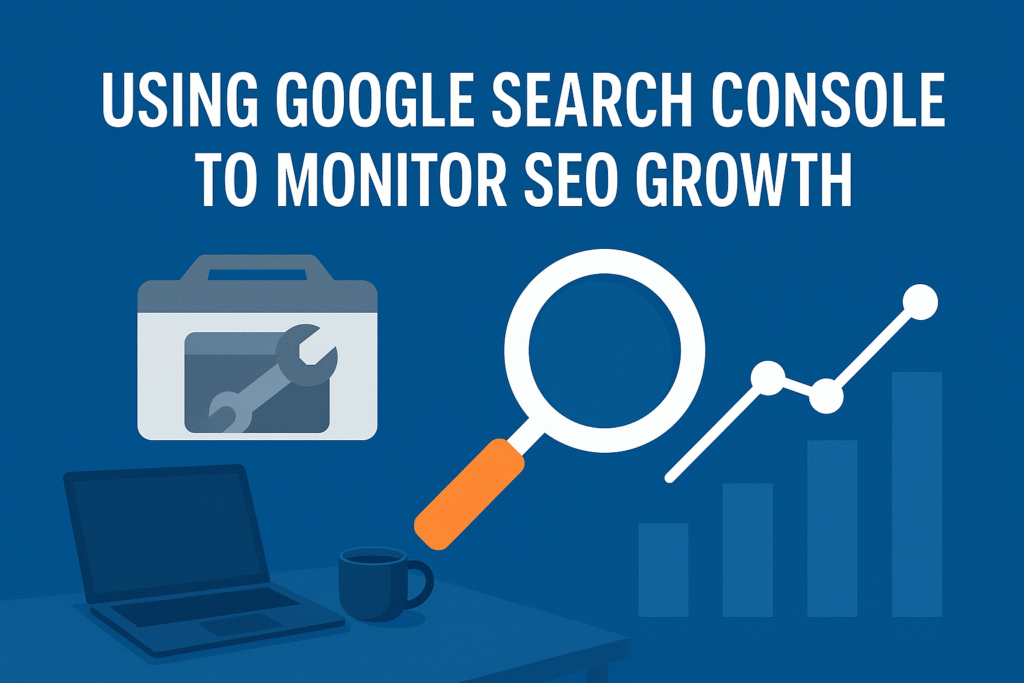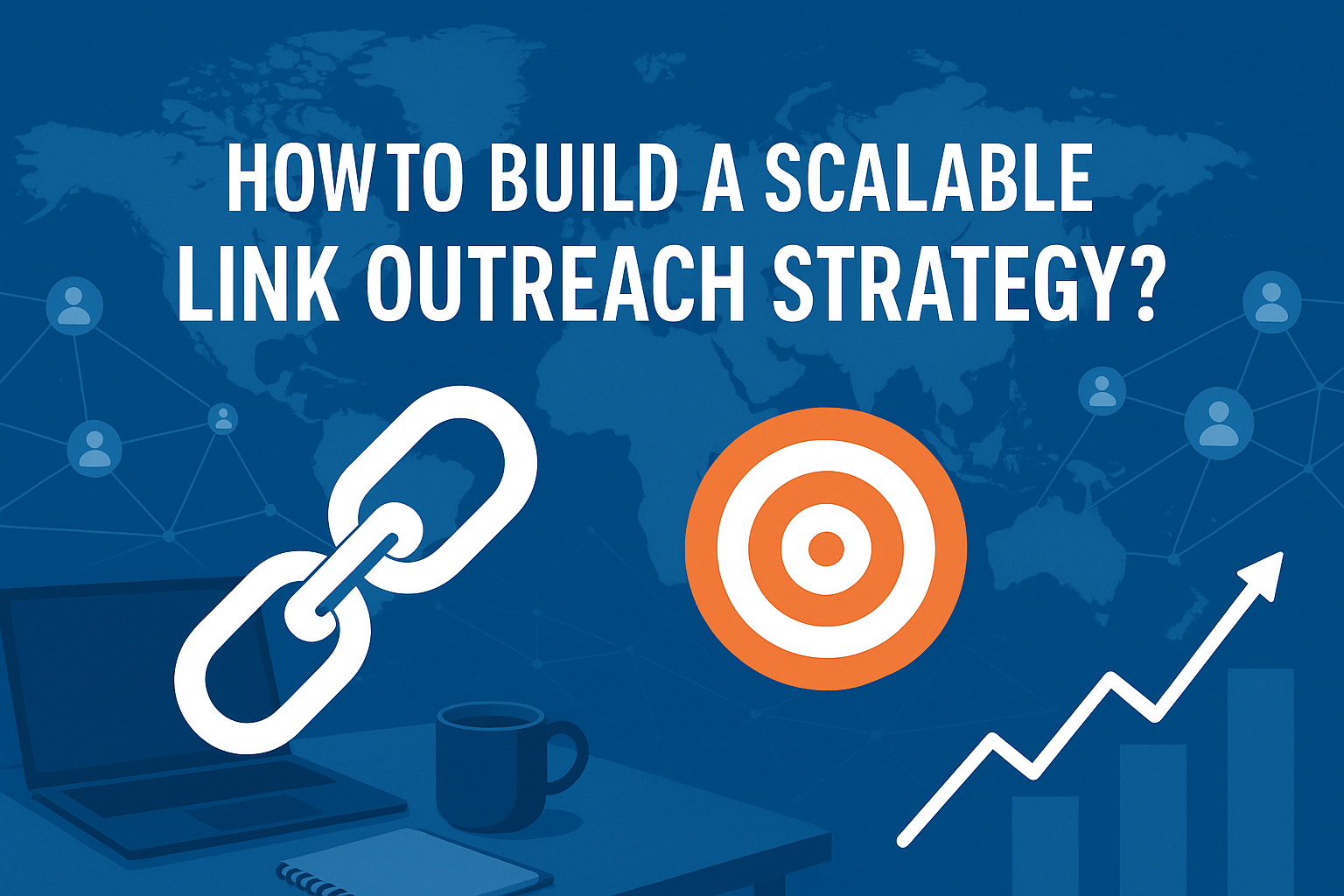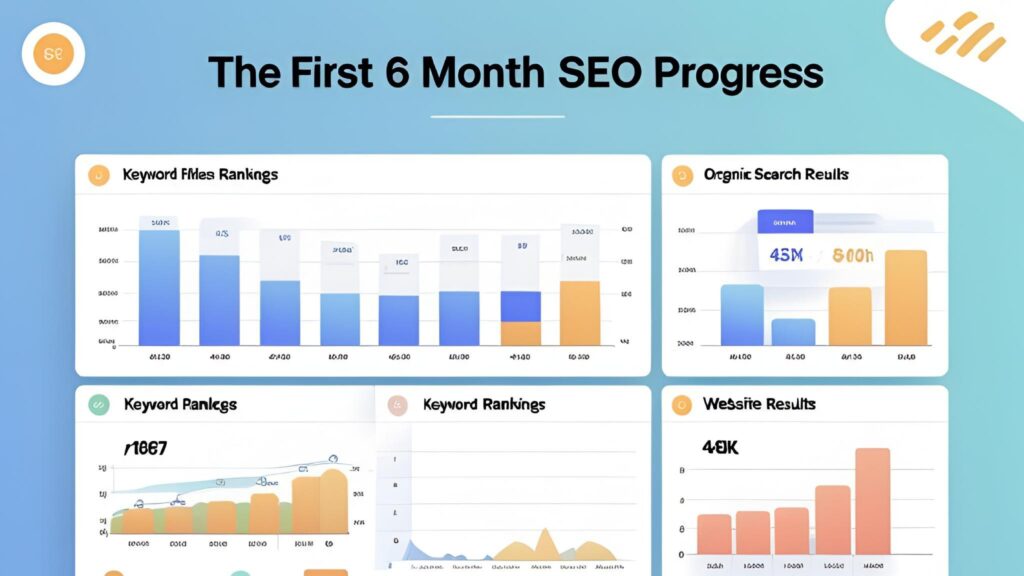SEO is a fantastic way to boost your presence and performance online, especially for eCommerce and other businesses. However, there are some fairly common myths about SEO marketing that refuse to die out. Today we will both examine them and debunk them.
Myth one: Keywords do not matter anymore
They still do. Even if Google Hummingbird changed searching, properly optimized content still ranks highly. Instead, search intent is what makes or breaks the SEO strategy. By knowing the intent, you can then optimize your content to provide answers to search questions.
Myth two: Only top-level domains win
This is not always true. Domains that end in .com and .net are very common, and that is why you see more of them. However, even websites with strange extensions can perform well. All they need is a good SEO strategy.
Myth three: Guest-posting is useless
If you think about it, this can not be true. Whether a blog post comes from the website owner or is written by a freelancer, good content is good content. It is poorly written content that Google penalizes. Google Panda will always punish poorly optimized articles.
Myth four: Keyword stuffing delists website
Not true. There might be a reason why a keyword appears so much, such as a research paper. What is more important is user experience, especially after Google announced new updates. Sprinkle your content with keywords appropriately, and you will be fine.
Myth five: Everything has to be fresh
This myth is easily debunked. Some websites cater to a narrow niche but still rank highly in search. While Google does like fresh content, this only affects news websites. Marketers do not have to worry.
Avoiding the Most Common Myths about SEO Marketing
Are you guilty of believing these myths about SEO marketing? Do not worry — now you know better, and you can avoid falling for them in the future. To help offset it, you can share what you learned with others. This can prevent the spread of misinformation so that everyone can benefit.
You May Also Like To Read – Why is Digital Marketing Education So Critical from 2021 to 2025?



